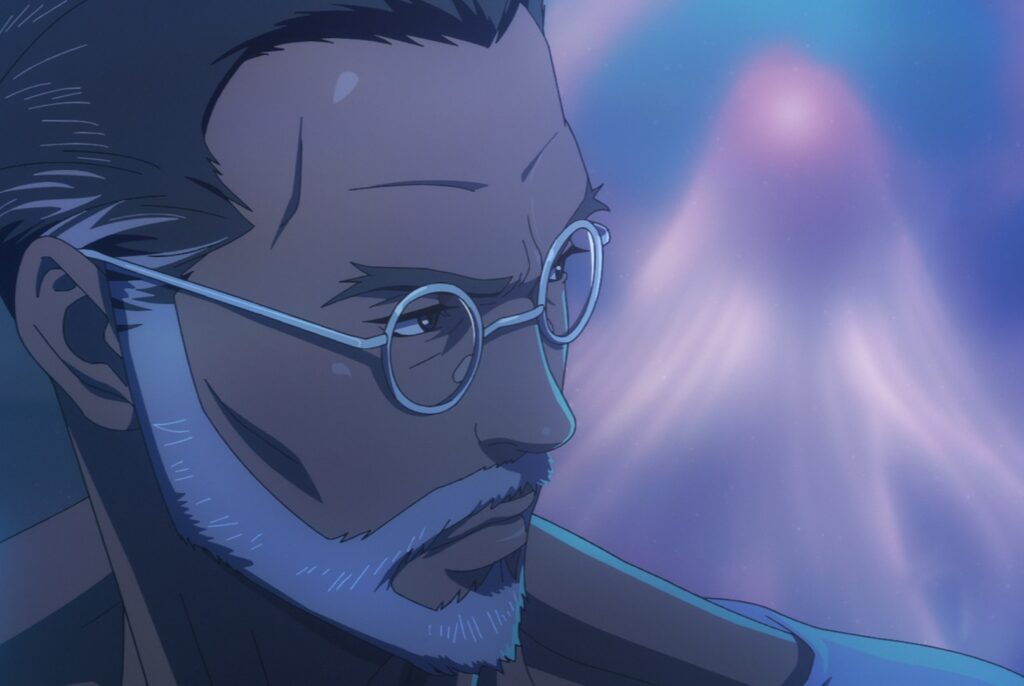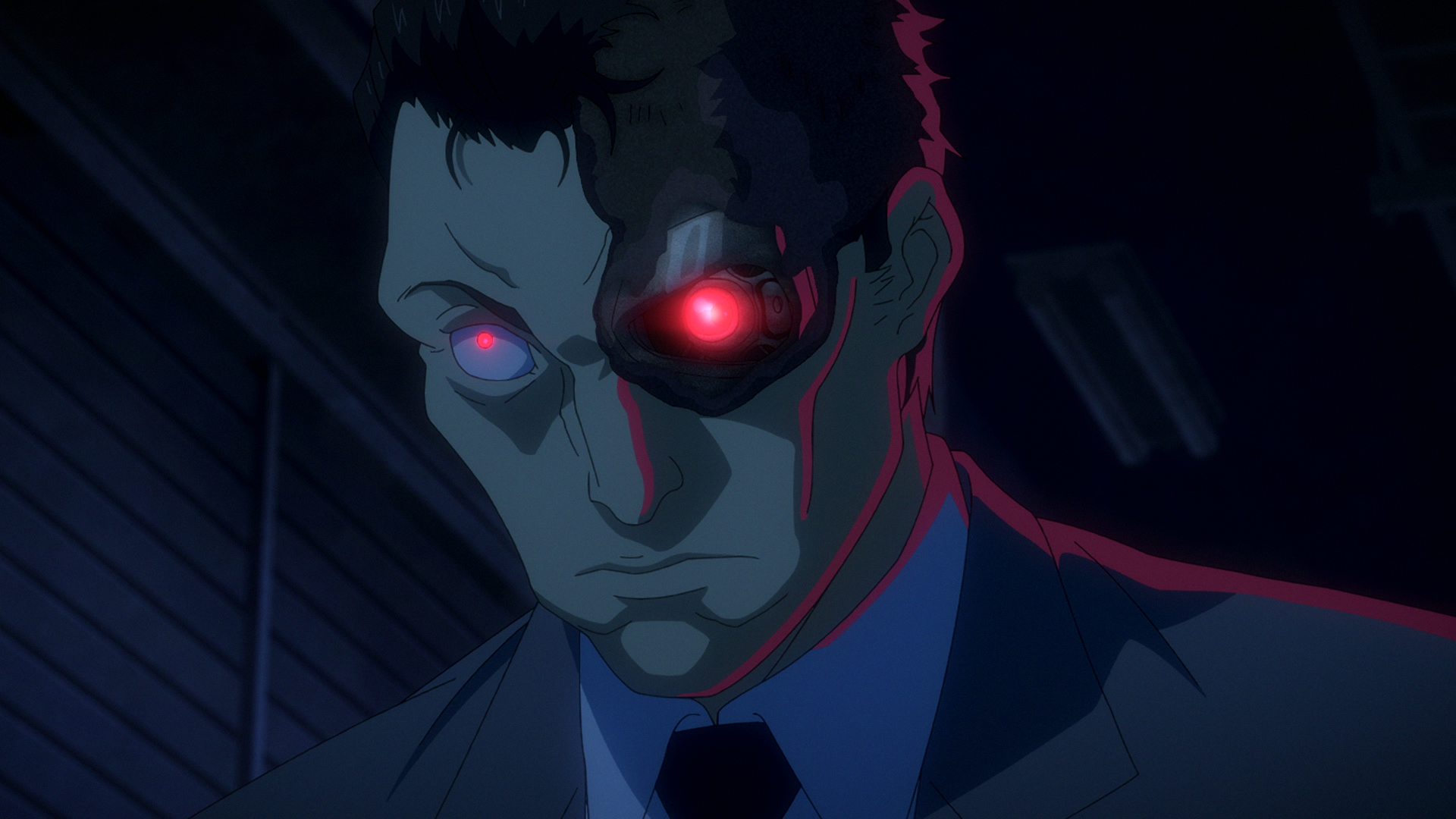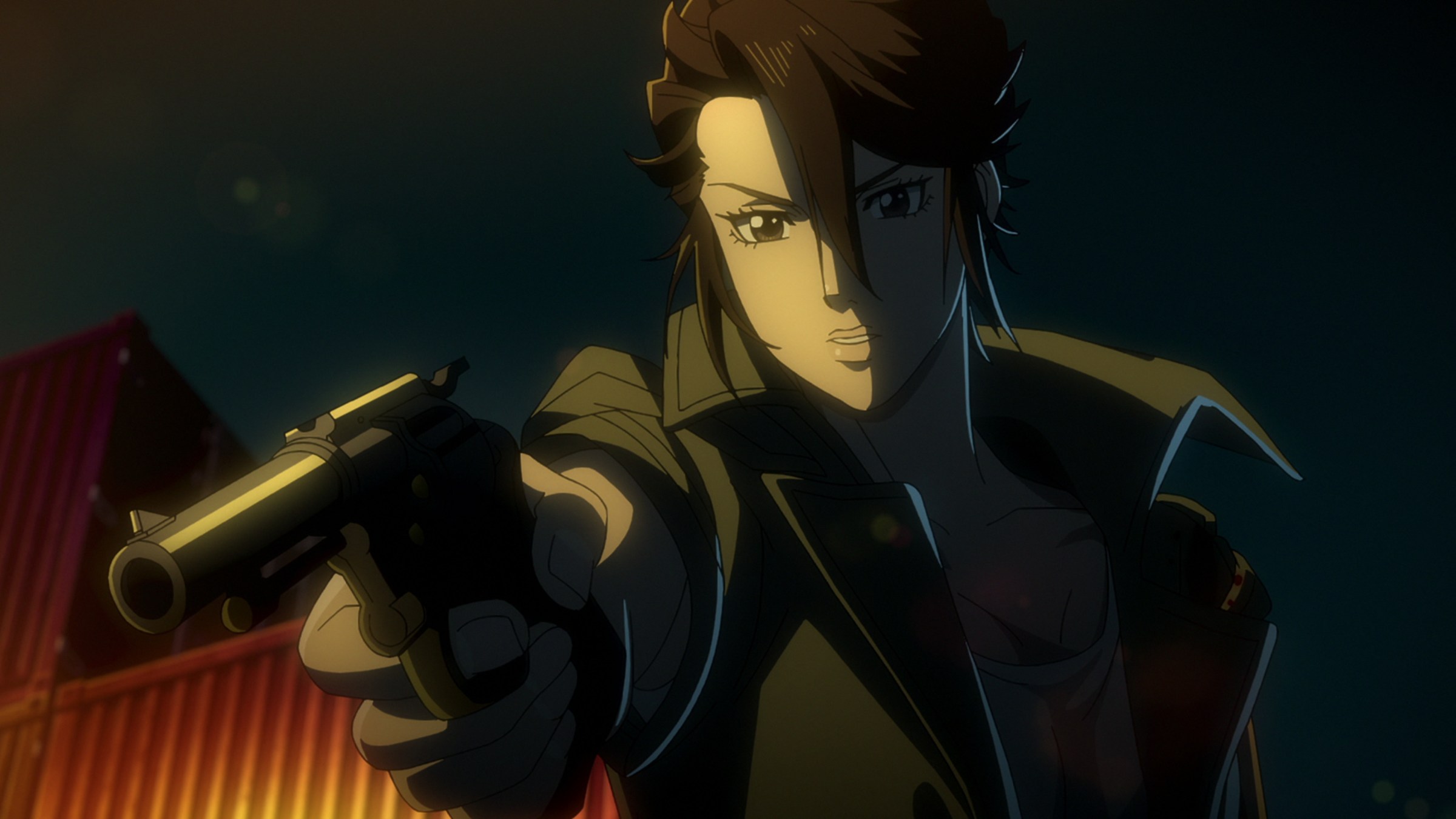Terminator Zero is unlike anything the franchise has done before, and that’s not even touching on the fact that it’s an anime. Co-produced by Skydance Television and Japanese animation studio Production I.G, the upcoming original series is set roughly after the events of Terminator 2: Judgment Day and follows Malcolm Lee (André Holland), a Japanese scientist developing an artificial intelligence with the power to compete with Skynet, the longtime antagonist of the franchise. When a Terminator is sent back from the future with the intent to murder both him and his family, a rebel fighter from the future named Eiko (Sonoya Mizuno) makes it her mission to protect them.
Terminator Zero is one of a scant few stories in the Terminator franchise that don’t center on either John Connor, the leader of the human resistance against Skynet in the future, or his mother, Sarah Connor, the militant self-trained soldier who raised John to fulfill his destiny.
While some might feel daunted by the idea of creating a series with new characters in a franchise otherwise intensely focused on the actions and choices of a specific family, à la the Skywalkers in Star Wars, Terminator Zero showrunner Mattson Tomlin wasn’t at all.
“Was it a challenge? No, not really,” Tomlin told Polygon in a press junket interview. “I think that the movies have been doing the Connors for a long time, and in doing this show, I really wanted to respect the incredible artists that had worked on this franchise before me, and that’s going from the first movie all the way through the last movie.”
In honoring the creators who previously contributed to the Terminator franchise throughout its history, Tomlin wished to lean into the opportunities specifically afforded by Terminator Zero’s nature as not just the first animated production in the franchise’s history, but as an anime being produced by Production I.G, the acclaimed studio behind Ghost in the Shell and Psycho-Pass.
“All of the movies have taken place in the States,” Tomlin said. “They’ve all taken place on the U.S.-Mexico border for the most part. And yeah, it’s been about this family and this saga, but I’m doing an animated show and that hasn’t been done before in this franchise.”
“Then on top of that, I’m working with partners in Japan, and I wanted to lean into that strength, so it suddenly dawned on me, we don’t know what’s going on in Japan. Like, there’s no mention anywhere in the franchise about what’s going on really anywhere else in the world. OK, like, Russia launches their nukes, got it.. But then what’s going on anywhere else in the world?”
In search of that, Tomlin had to home in on what the franchise’s core tenets of appeal were, apart from the particular saga of that particular family.
“When I look at all the movies and go, OK, if I were to make a Venn diagram of what intersects all of them, certainly one is killer robots from the future,” Tomlin said. “The fear and dread around nuclear holocaust, that’s another. And then there’s emotional stories about family. That, for me, kind of became the crux [for how I approached writing Terminator Zero], and I think that’s why 40 years on, we’re still talking about Terminator media and talking about this franchise with such reverence and respect.”
To that end, Tomlin sees the first two movies as the blueprint for the heart and deeper focus of the franchise as the best guiding light for what he hoped to achieve with Zero, but goes deeper than even that. In Terminator Zero, we see a family both torn apart and brought together by tragedy, with Skynet’s impending apocalypse serving as the inadvertent catalyst for their emotional reconciliation. Terminator Zero is as much a story about Malcolm Lee and his family as it is a story about what it means to be a family at all. How does a father weigh the fate of the human race against their estranged relationship to their children? How does loss impact the dynamic of a family, not just in terms of their interactions but their outlook on life?
“That first movie is a love story about a man and a woman making a baby, because that baby is very important, but in the context of the movie, it’s just, Here’s a couple coming together,” Tomlin told Polygon. “And then that second movie is a story about a mother’s love for her son, and meanwhile, there’s [this] surrogate father who’s come in, who has the face of the guy who tried to kill her before, and she has to reconcile what that means. And so I think, for Terminator Zero, it was important to make sure that we had killer robots, the nuclear apocalypse, and a family story that really had dramatic weight. That, for me, is what Terminator is.”
Terminator Zero premieres on Netflix on Aug. 29.



